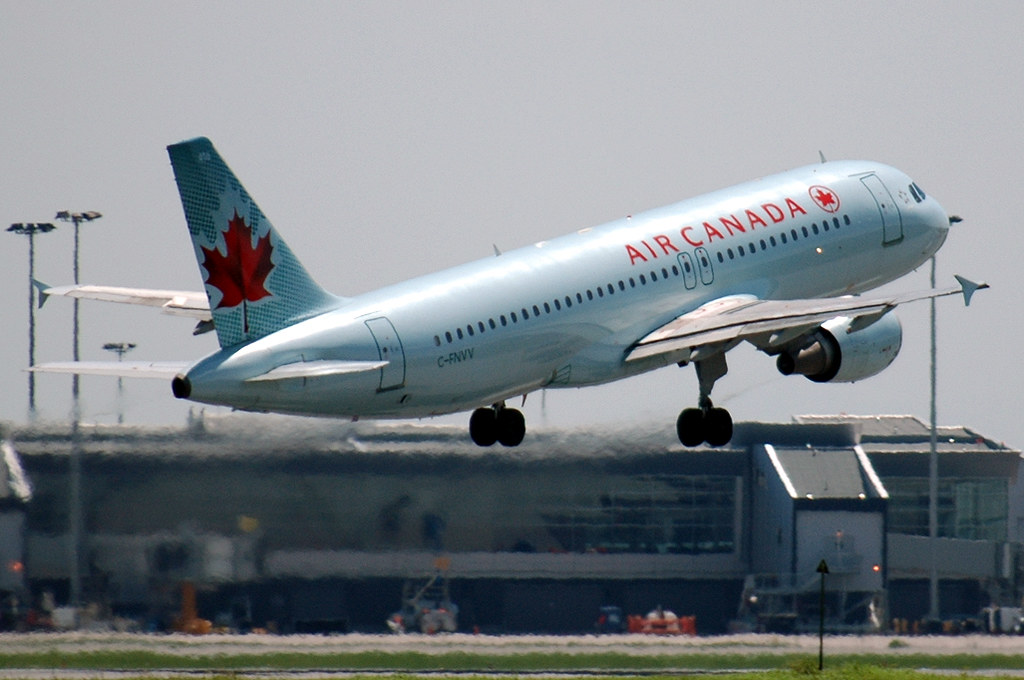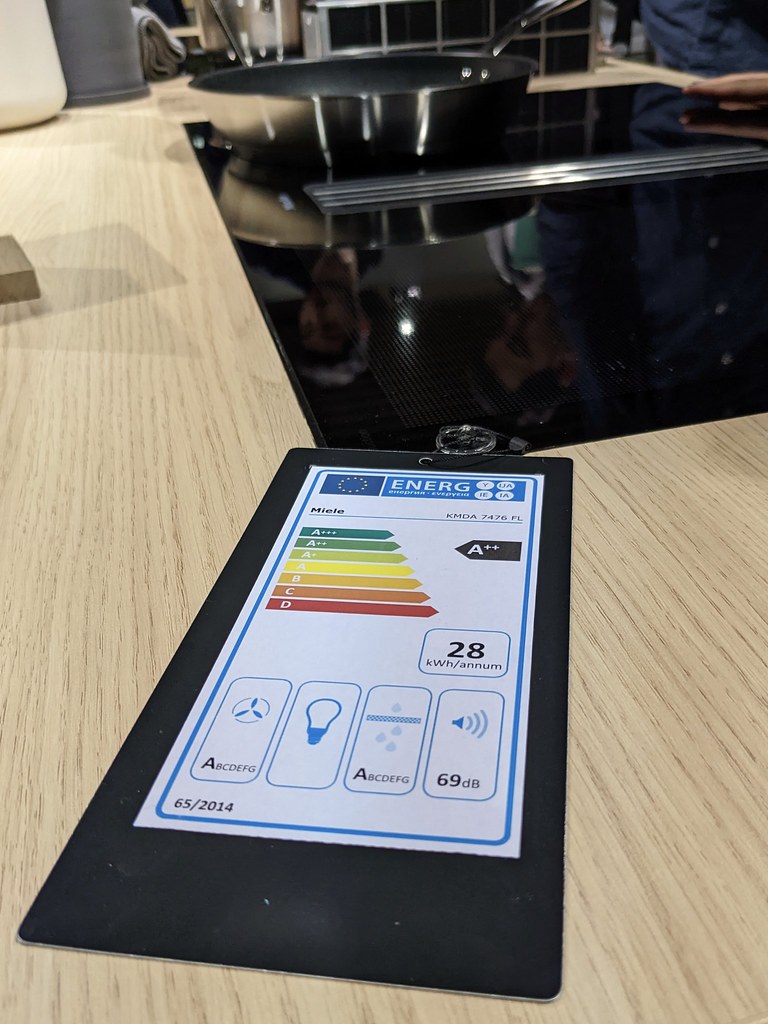Have you ever wondered how the convenience of GPS technology that we often take for granted is sustained? It’s a global utility that has become an integral part of our daily lives, guiding us from point A to point B with just a few taps on our smartphones. But behind this seemingly simple service lies a complex and costly operation. The Global Positioning System, or GPS as we commonly know it, is not just a technological marvel; it’s also a financial juggernaut that requires a staggering $2 million per day to operate and maintain. This hefty sum covers everything from satellite launches to system upkeep, and it’s all funded through American tax revenue.
The GPS system gives exact location and time data globally.
It’s a service that’s freely accessible to anyone with a GPS receiver, but the costs of keeping this system running are anything but free. The United States government, specifically the US Space Force, operates the GPS, which was originally developed by the US Department of Defense. The system became fully operational in 1993 and has since become a critical component of global infrastructure, supporting everything from personal navigation to international commerce.
The financial figures associated with GPS are astronomical.
The initial constellation cost $12 billion to put into space, and the annual operating cost in 2023 stands at $1.84 billion. These numbers might seem abstract, but they translate into a daily expenditure of around $2 million. This money goes towards satellite launches, which are necessary to replace aging satellites and expand the system’s capabilities, as well as the ongoing maintenance required to keep the existing satellites and ground infrastructure in good working order.

But why does it cost so much to maintain a system that’s been in place for decades? The answer lies in the complexity and precision of the technology involved. GPS satellites orbit the Earth at an altitude of approximately 20,180 kilometers, and for the system to provide accurate information, it relies on a constellation of at least 24 operational satellites. These satellites are equipped with atomic clocks that are accurate to within a few nanoseconds. This level of precision is necessary because even a tiny error in timing can translate into a significant error in positioning on the Earth’s surface.
The satellites themselves are not immortal; they have a limited lifespan and must be replaced periodically. Each satellite launch can cost tens to hundreds of millions of dollars, depending on the vehicle used and the complexity of the mission. Additionally, the ground infrastructure that controls the satellites, processes the data, and ensures the system’s security also requires constant attention and upgrades.

It’s not just the hardware that’s costly. The GPS system is a critical asset for national security, and as such, it must be protected against threats ranging from space weather to potential adversarial actions. This necessitates a significant investment in cybersecurity and other protective measures to ensure that the system remains robust and reliable.
Despite the costs, the benefits of GPS are undeniable. It has transformed numerous industries, from transportation and logistics to agriculture and construction. It has also enhanced public safety by improving emergency response times and aiding in disaster relief efforts. The system’s value to the economy is immense, and its impact on our daily lives is immeasurable.
The next time you use your GPS to navigate to a new restaurant or track your run, take a moment to consider the incredible infrastructure that makes it all possible. And remember, while the service may be free for you to use, it’s made possible through the support of American taxpayers. The GPS is a testament to human ingenuity and a reminder of the costs associated with maintaining cutting-edge technology for the benefit of all.
Delving deeper into the technological triumph that is GPS, we find a system that has not only revolutionized navigation but has also become a cornerstone of modern infrastructure. The precision and reliability of GPS are paramount, and maintaining this level of service is a complex and costly endeavor. The financial burden of GPS maintenance is significant, and it’s a testament to the commitment of the United States to provide a service that benefits the global community.
The operational costs of GPS are multifaceted.
The constellation requires continuous monitoring and control, which is handled by an array of ground stations located around the world. These stations track the satellites, monitor their transmissions, perform analyses, and send commands and data to the constellation. The ground segment also includes the Master Control Station, which is responsible for the overall management of the GPS constellation. The personnel and technology required to operate these facilities are part of the daily costs that add up to the $2 million figure.
Satellite launches are another major expense. The current usable constellation consists of 38 satellites, with 32 operational at any given time. These satellites don’t last forever; they have a design life of about 15 years. To maintain the system’s integrity, new satellites must be developed, built, and launched to replace those that are retiring or have failed. The next generation of GPS satellites, known as GPS Block IIIA, is designed to be more resilient and have a longer lifespan. However, the development and deployment of these advanced satellites contribute significantly to the overall cost.
The modernization of GPS doesn’t stop with the satellites themselves.
The Next Generation Operational Control System (OCX) is an essential part of the upgrade, providing advanced capabilities for command and control of the new satellites. This system is designed to be more secure, flexible, and efficient, but developing such cutting-edge technology is an expensive undertaking.
The financial investment in GPS is more than just satellites and control systems.
Cybersecurity is a critical concern for a system as vital as GPS. The threat landscape is constantly evolving, and the GPS must be fortified against cyber-attacks that could disrupt its service. The investment in cybersecurity measures is a necessary part of the daily operational costs, ensuring that the system remains secure and trustworthy for its myriad of users.
Despite the substantial costs involved in maintaining GPS, the return on investment is clear when we consider the system’s global impact. GPS has become an essential tool in numerous fields, from aviation to agriculture, emergency response to environmental monitoring. Its precision has enabled advancements in technology and efficiency that have transformed entire industries. The economic benefits derived from GPS are difficult to quantify, but they are undoubtedly vast.
GPS has societal benefits that extend beyond economic metrics.
It has improved public safety by enabling more accurate and efficient emergency services. It has facilitated scientific research by providing precise timing and location data. It has even become embedded in our cultural practices, as geolocation services have become part of social networking, gaming, and fitness tracking.
The GPS system is a remarkable example of how a significant investment in technology can yield benefits that far exceed the initial costs. While the daily operation of GPS is expensive, the value it provides to the world is immeasurable. The next time we use our GPS-enabled devices, we should appreciate not just the technology that guides us but also the dedication and resources that keep this global utility running. The GPS is more than a constellation of satellites; it is a commitment to global connectivity and a reflection of the potential for technology to serve humanity.
Related posts:
GPS: Free for Some. Even though it is free to use GPS globally but it costs…
It Costs $2 Million A Day To Maintain The GPS System, So Why Is It Free? – Scout Magazine
TIL GPS, despite being free for global use, costs around $2 million a day to operate and maintain. This budget covers satellite launches and system upkeep, funded through American tax revenue. : r/todayilearned (reddit.com)





